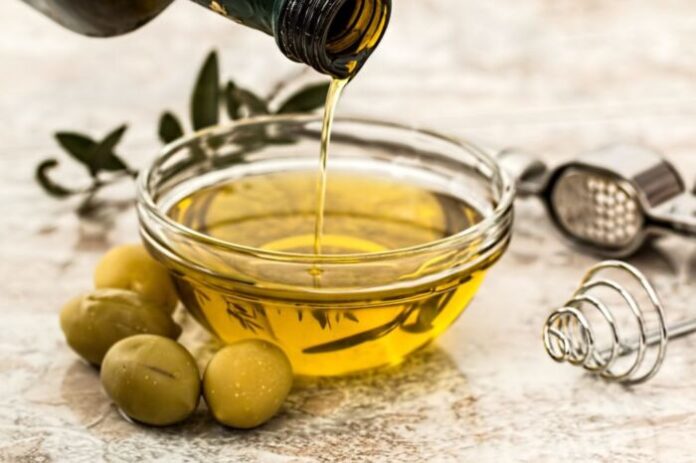
A natural product such as cooking oil can turn into a powerful pollutant if not properly recycled after use. It is estimated that in Italy each citizen produces approximately 5 kg of spent oil per year resulting from frying, storing food and cooking food.
The alarming fact is that more than half of this oil is not recovered but is dispersed in the environment, ends up in the sink or in the bathroom drain or is emptied in outdoor spaces such as the vegetable garden and the garden.
This action, in addition to representing an offense (the law prohibits the disposal of frying oil in sewer pipes), has a serious impact on the environment. Exhausted oil, in fact, is not biodegradable, it is not an organic waste, and can even pollute drinking water and dry up the soil where it is thrown. In our section in collaboration with SmartRicicla we see what is the most correct way to dispose of used oil.
First of all, it must be decanted into an ad hoc container to keep at home until it is full. Only then, it must be delivered to the ecological island or in the special containers made available by your municipality of residence. Alternatively, you can take it to petrol stations and supermarkets equipped to collect it.
If properly recycled, spent oil is a precious resource. It is used to produce lubricants for agricultural machines, glycerine for saponification, biodiesel for cars. Even biofuel for aircraft was even produced, as in the case of the Boeing 777-200 that connects New York with Amsterdam, round trip, the first intercontinental flight that uses biofuel, capable of reducing CO2 emissions by 20%. The aircraft manufacturer KLM has decided that if the results continue to be so satisfactory, biofuel will be used for the entire fleet in order to reduce harmful emissions by 80%.
On the contrary, if disposed of in an improper way, the exhausted oil, although not harmful, is extremely harmful for the environment. In addition to damage to the sewage system, the refusal of vegetable and animal oils and fats renders the soil on which it is poured sterile. The earth, in fact, becomes waterproof and does not allow the root system of plants to take in the nutrients necessary to live. If poured into surface waters, it forms an extensive waterproof film, preventing aquatic flora and fauna from exchanging oxygen water-air, causing its death while, when poured into deep aquifers, it compromises its potability.
RenOils, a young non-profit consortium that deals with increasing and making more efficient the collection of used oils and fats and recovery for environmental purposes, has drawn up a handbook to properly dispose of the oil we consume in our kitchens.
- Do not throw the oil in the sink or in the bathroom drain as it ends up in the city sewer system and, being the oil highly polluting, it alters the correct water purification, the efficiency of the purifiers with a consequent increase in management and maintenance costs of the plants. The purification of polluted water requires costs quantifiable in 1.10 euro per kg and is borne by citizens;
- Insert the used oil in an ad hoc container to keep at home until it is full – we recommend using a thick plastic container with a wide neck to facilitate the transfer from pans and pots (e.g. fruit juice bottles or the liquid detergent container for the washing machine);
- Once full, the chosen container must be brought to the ecological island closest to home or the used oil must be thrown into special bins present in your town.
Read more:
- Separate collection: how to recycle metals: steel and aluminum
- Separate collection: how to recycle glass
- Separate collection: how to recycle paper waste
- Separate collection: how to recycle single-use gloves and masks
- Separate collection: how to recycle plastic waste
- How to make separate collection: what to throw in the unsorted waste
- Separate collection: how to properly recycle organic waste
- How to make the separate collection: recycling codes and symbols
- How to recycle: a guide to separate collection




































